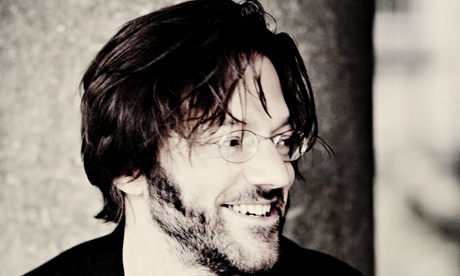
This BBC National Orchestra of Wales concert featured composers seemingly fated to be dismissed. Rued Langgaard went pretty much ignored during his lifetime. His Music of the Spheres stirred interest when it was played at the Proms four years ago, and the support of György Ligeti brought it greater acknowledgement than the rest of the Dane’s prolific output.
Yet his Seventh Symphony only underlined the wilfulness of Langgaard’s decision to live and compose in another musical world, that of the past. This work, a throwback to late Romanticism, may have been neglected along with everything else but, on this occasion, it didn’t exactly prove super-memorable.
Alexander Zemlinsky is another matter, his music too often neglected, but in its way quite unforgettable. Conductor André de Ridder certainly argued a passionate case for his symphonic poem, Die Seejunfrau (The Mermaid). Based on the Hans Christian Andersen story, the mermaid’s anguish is actually Zemlinsky’s own pain writ large following his abortive love affair with Alma Mahler.
Even if Hoddinott Hall was not the ideal place to hear it – the larger St David’s Hall would have been better – the sumptuous expansiveness of the writing was irresistible. De Ridder’s style is both fluent and expressive: here he was master of Zemlinsky’s grand gestures, but realised the hazy colours as well as the narrative drama even more convincingly, while the BBCNOW principals distinguished themselves in the solos, notably leader Lesley Hatfield in the violin’s depiction of the mermaid herself.
Between these two works, BBC new generation artist Elena Urioste was the warm-toned soloist in Korngold’s violin concerto. Knowing that Korngold, a pupil of Zemlinsky in America, dedicated his concerto to an older Alma Schindler, somehow compounded the ironies.

